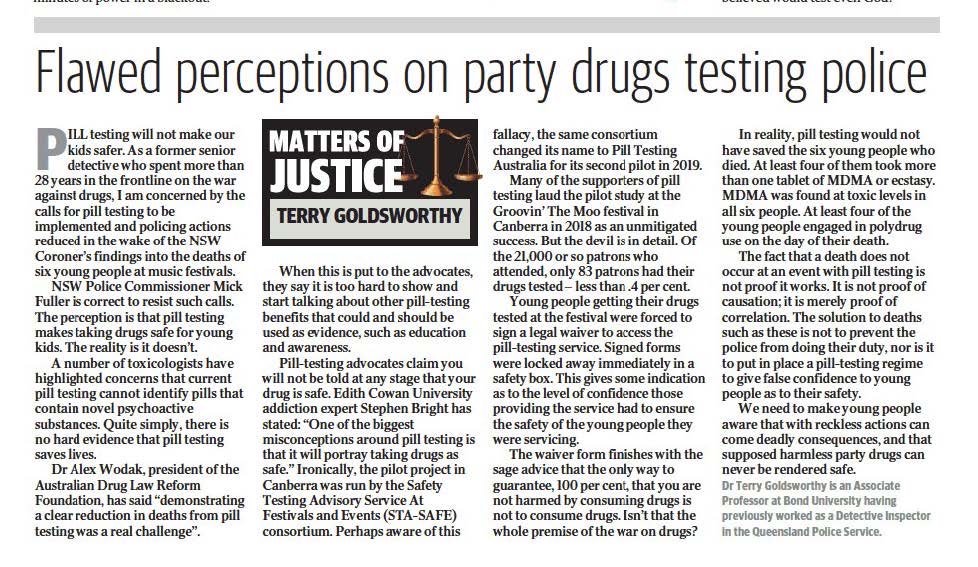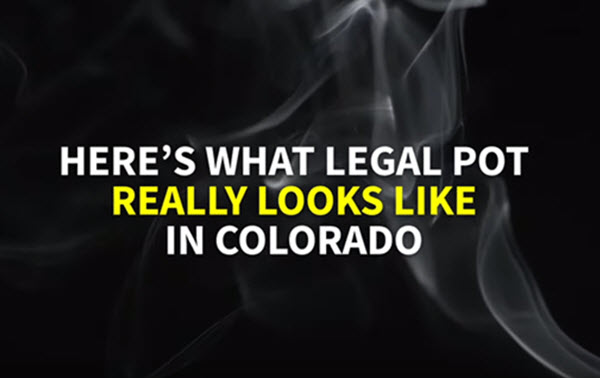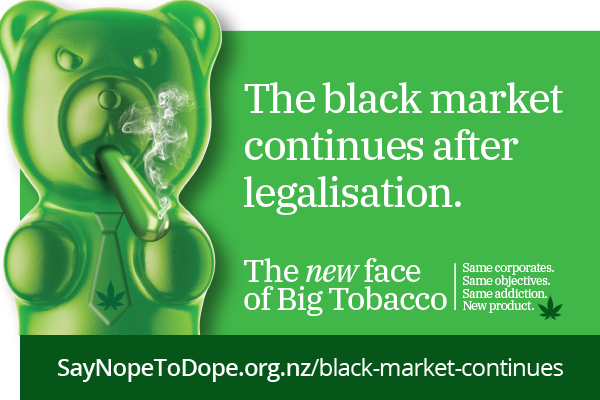
Financial Post 9 October 2019
Family First Comment: Some fascinating statements out of Canada – bursting the bubble
“Prior to legalisation, cannabis stocks soared on the promise of massive growth and the tremendous momentum that retail investors brought as they poured into the sector. Now that excitement has been drained, and it is unlikely to return…
“Legalisation played out like a classic “buy the rumour, sell the news” situation. In retrospect, there were warning signs that legalisation could be a disappointment.”
The legalization of cannabis in Canada was supposed to be a catalyst — the most powerful one yet, investors and analysts alike thought — that would launch companies in the young but potent industry to new heights. Instead, nearly one year later, it has been a nightmare.
Since recreational cannabis became legal on Oct. 17, 2018, the shares of what were then the 10 largest Canadian cannabis producers by market capitalization have been bludgeoned, yielding an average negative return of more than 57 per cent for investors.
Tilray Inc. alone has lost more than $14 billion in market cap, and Aurora Cannabis Inc. has shed $6.8 billion. Six of the Top 10 have lost at least half their value, with scandal-plagued CannTrust Holdings Inc. suffering such resounding losses that it no longer appears in the list. Of the 10, only Cronos Group Inc.’s market cap has grown over the past 12 months, though its share price has declined, like those of all the others on the list.
Prior to legalization, cannabis stocks soared on the promise of massive growth and the tremendous momentum that retail investors brought as they poured into the sector. Now that excitement has been drained, said Richardson GMP portfolio manager Chris Kerlow, and it is unlikely to return.
“A psychological shift has take place from everyone wanting to own (cannabis) to everyone involved now feeling burned,” he said. “I think many investors are now over (cannabis).”
READ MORE: https://business.financialpost.com/cannabis/cannabis-business/cannabis-investing/feeling-burned-the-first-year-of-legal-cannabis-has-been-a-complete-disaster-for-investors





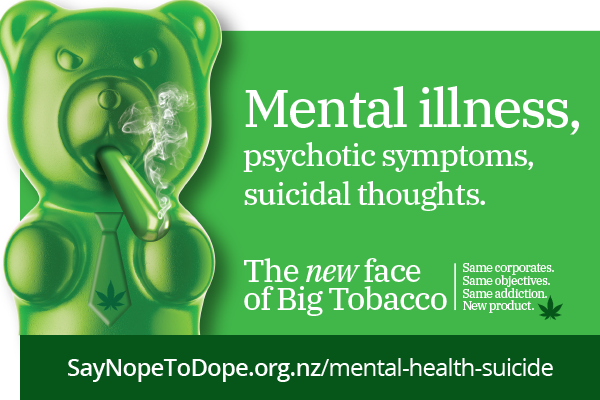

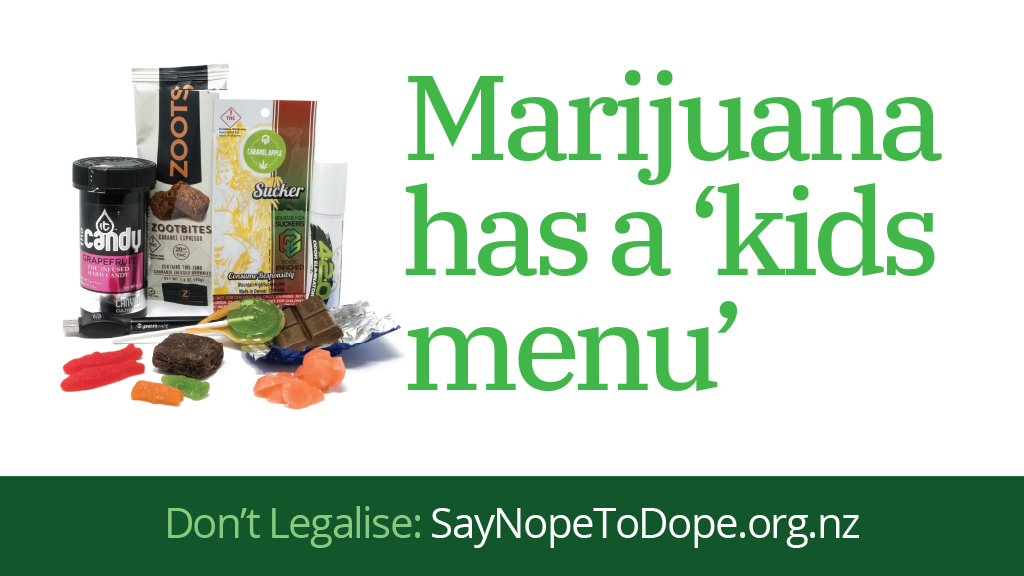
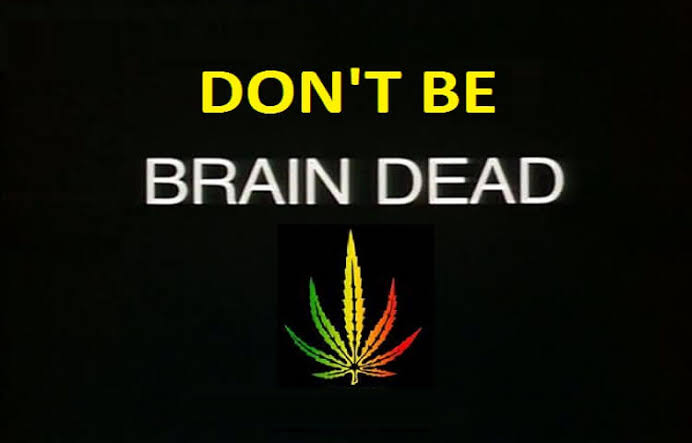
 The government has released its
The government has released its 
